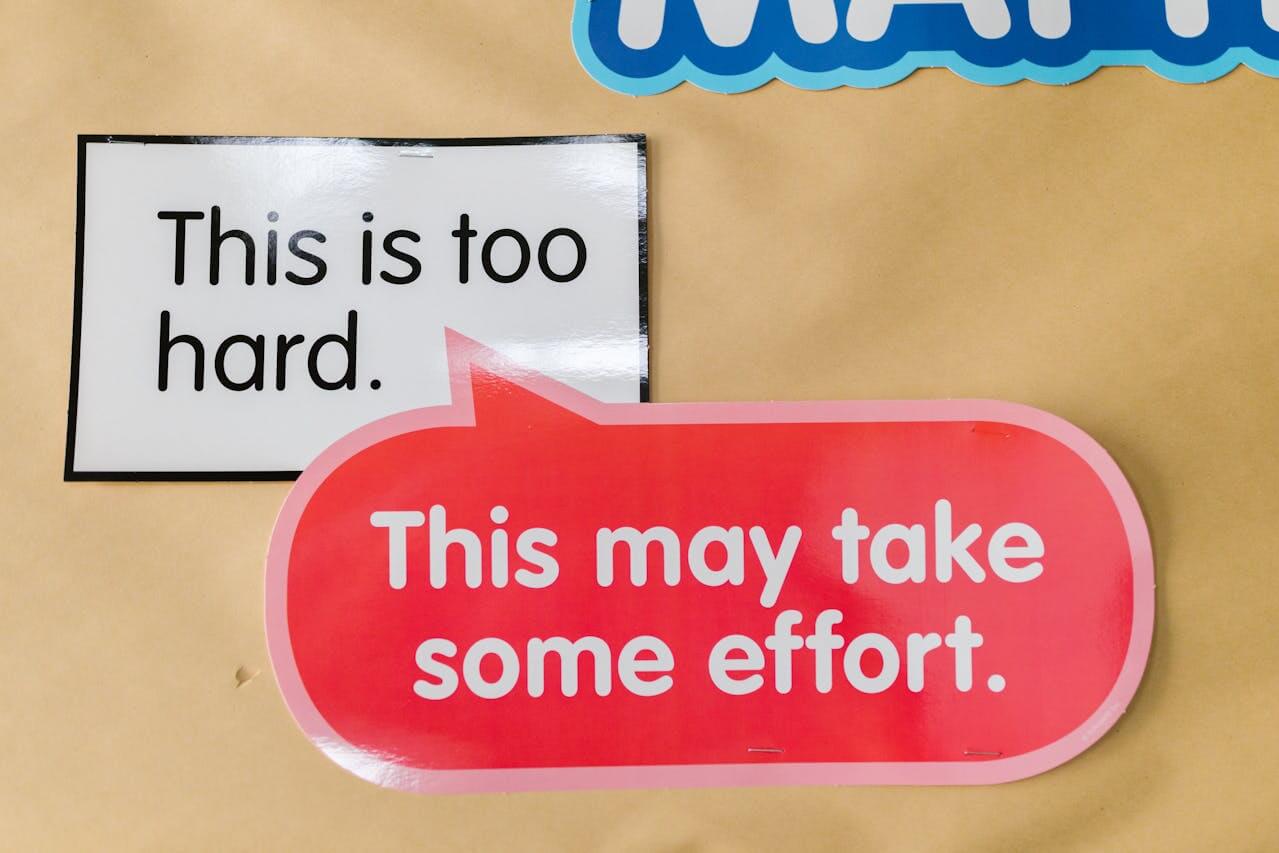Words for Happiness: Change Your Words to Change Your Mood
Emma stared out her apartment window, watching raindrops cascade down the glass like tiny rivers of despair. “Ugh, today’s going to be a terrible day,” she muttered, feeling her chest tighten with dread. Words for happiness seemed like a foreign concept as she dragged herself through her morning routine, already defeated before the day began. Her brain, recognizing the negative programming, began releasing stress hormones that would sabotage her entire day.
Meanwhile, across town, her coworker Marta gazed at the same gray sky with genuine delight. “What a perfect cozy day!” she exclaimed, pulling on her favorite sweater. The exact same weather conditions, yet two completely different emotional responses – all because of the power hidden within their chosen words.
By day’s end, their contrasting word choices had created two entirely different realities. Emma’s negative self-talk manifested in a lackluster performance at work, causing her boss to overlook her for a major promotion opportunity. Her irritability sparked an unnecessary argument with her husband, and she spent the evening isolated, pushing away the very people who could have lifted her spirits. Marta, however, approached her tasks with enthusiasm, impressed her supervisor, secured the coveted project, celebrated with friends after work, and enjoyed a harmonious evening with her partner.
This stark difference illustrates a profound truth about words for happiness – they’re not just sounds we make or marks on paper. When you change your words, you literally change your mood and transform your entire experience. The strategies for happiness we’re exploring today center on one simple yet revolutionary concept: positive language has the power to rewire our brains for joy. When you mind your words, you take control of your emotional destiny and discover practical ways of how to be happy. Understanding words for happiness becomes the foundation for lasting transformation.

The Science Behind Words for Happiness and Perspective
Our brains are incredibly sophisticated pattern-recognition machines, constantly scanning our internal dialogue for emotional cues. When Emma declared her day “terrible” before it even began, her brain interpreted this as a threat signal, flooding her system with cortisol and adrenaline. This biological response primed her nervous system for conflict and negativity, making her prediction a self-fulfilling prophecy.
Research in neurolinguistics reveals that our word choices directly influence neural pathways. Positive language activates the brain’s reward centers, releasing dopamine and serotonin – nature’s happiness chemicals. Conversely, negative words trigger the amygdala’s alarm system, keeping us trapped in survival mode rather than thriving mode.
The fascinating truth is that our brains cannot distinguish between vividly imagined experiences and actual reality. When we repeatedly use words that paint bleak pictures, our minds create corresponding emotional states. However, when you consciously change your words to reflect possibility and gratitude, you’re literally rewiring your neural networks for joy.
This isn’t positive thinking superficiality – it’s strategic emotional intelligence. Words for happiness aren’t about denial or pretending problems don’t exist. They’re about choosing language that empowers rather than diminishes, uplifts rather than deflates, and opens doors rather than slamming them shut. Learning how to be happy starts with this fundamental word awareness.
Consider how differently you feel when someone says “That’s impossible” versus “That’s challenging, but let’s explore solutions.” The facts remain the same, but the emotional landscape shifts dramatically. This shift in perspective becomes one of our most powerful strategies for happiness.
Eliminating ‘Should’ From Your Vocabulary
The word “should” might seem harmless, but it’s actually one of the most toxic words in our emotional vocabulary. Every time we think or say “I should,” we’re essentially admitting that we don’t actually want to do something – that the motivation comes from external pressure rather than authentic desire.
“Should” statements create internal conflict because they position us as victims of others’ expectations rather than authors of our own choices. When you catch yourself thinking “I should exercise,” you’re implying that exercise is an unpleasant obligation rather than a gift you give yourself. This subtle linguistic shift makes the activity feel burdensome before you even begin.
The word “should” often carries the weight of inherited beliefs, societal conditioning, and fear-based decision-making. “I should dress conservatively or people will judge me,” reflects more concern for others’ opinions than personal authenticity. “I should work late to prove my dedication,” might stem from insecurity rather than genuine commitment to excellence.
Most “shoulds” fall into two categories: genuine requirements that we can reframe as “must” statements, or inherited obligations that we can question and potentially release. If paying your mortgage is truly non-negotiable, own that choice by saying, “I must pay my mortgage to keep my home.” This language acknowledges your agency rather than portraying you as a victim of circumstance.
For inherited “shoulds,” practice asking: “According to whom?” Often, you’ll discover that these expectations belong to parents, society, or younger versions of yourself who made decisions based on different circumstances and values.
When you mind your words by eliminating “should,” you reclaim your power to make conscious choices. This simple shift becomes one of the most effective strategies for happiness because it honors your autonomy and authentic desires.

Transforming ‘Have To’ Into ‘Get To’
The phrase “have to” is another linguistic trap that robs us of joy and gratitude. When Emma grumbled, “I have to go to work,” she transformed a privilege into a prison sentence. This subtle word choice programmed her brain to approach her day with resentment rather than appreciation.
“Have to” language implies coercion and victimhood. It suggests that external forces are controlling your choices, leaving you powerless and resentful. However, the reality is that most of our “have to” statements are actually choices we’re making because we value the outcomes they provide.
The Positive Alternative
Change your words from “have to” to “get to” and watch your entire emotional landscape transform. “I get to go to work” acknowledges that employment is a privilege that provides financial security, professional growth, social connection, and the resources to enjoy life’s pleasures. This shift doesn’t deny challenges or difficulties – it simply frames them within a context of gratitude and choice.
Consider the difference between “I have to exercise” and “I get to move my body.” The first feels like punishment; the second feels like celebration. “I have to cook dinner” sounds burdensome; “I get to nourish my family” feels loving and purposeful.
This transformation in positive language isn’t just semantic – it’s neurological. When you say “get to,” your brain interprets this as a privilege or opportunity, releasing feel-good chemicals that make the experience more enjoyable. When you say “have to,” your brain braces for an unwanted obligation, creating resistance and stress.
The “get to” mindset also cultivates resilience during challenging times. Instead of “I have to deal with this difficult client,” try “I get to practice patience and professional skills.” This reframe doesn’t minimize legitimate frustrations, but it positions you as someone who’s growing rather than suffering.
Words for happiness, like “get to”, remind us that most of our daily experiences are actually extraordinary privileges when viewed through a global or historical lens. This perspective shift becomes a cornerstone for learning how to be happy in ordinary moments. When you change your mood through this simple language shift, you’re practicing one of the most accessible forms of emotional self-care.

The Ripple Effects of Positive Word Choices
When you consciously change your words, the benefits extend far beyond momentary mood improvements. Positive language creates ripple effects that transform relationships, career prospects, and overall life satisfaction in measurable ways.
People are naturally drawn to individuals who use uplifting language. When you consistently choose words that inspire rather than deflate, you become a magnet for opportunities, friendships, and positive experiences. Employers notice team members who approach challenges with “How can we solve this?” rather than “This is impossible.” Partners appreciate someone who says “Let’s figure this out together” instead of “This always happens to us.”
Words for happiness also program your reticular activating system – the brain’s filtering mechanism that determines what information reaches your conscious awareness. When you consistently use language focused on possibilities and gratitude, your brain begins noticing more opportunities for joy, success, and connection.
Children are particularly sensitive to linguistic patterns. When parents model positive language, they’re teaching emotional intelligence and resilience by example. Kids who grow up hearing “What did you learn from this mistake?” develop different neural pathways than those who hear “You always mess things up.”
The compound effect of consistently choosing empowering words creates momentum toward happiness. Each positive word choice strengthens neural pathways that support well-being, making optimism and resilience more automatic over time.

The Benefits of Words for Happiness
Research shows that people who practice positive language experience lower stress levels, improved immune function, better relationships, and greater professional success. These aren’t just correlations – they’re direct results of how our words shape our thoughts, emotions, and behaviors.
Mind your words, and this practice becomes a daily habit in self-care, relationship building, and personal development. When you commit to this simple yet profound shift, you’re choosing to become the architect of your emotional experience rather than its victim. This foundation of how to be happy through conscious language creates a lasting transformation and motivation to change your mood moment by moment.
This Week’s Challenge: Practical Word Transformation
Ready to put these strategies for happiness into action? This week’s challenge involves three specific word shifts that will immediately begin changing your emotional landscape.
First, ban the word “bad” when describing weather, days, or situations. Instead of “bad weather,” say “rainy weather” or “challenging weather.” Replace “bad day” with “difficult day” or “learning day.” This prevents your brain from releasing stress chemicals triggered by the word “bad.”
Second, become a detective for “should” statements. Carry a small notebook or use your phone to track how often this word appears in your thinking. Each time you catch a “should,” ask yourself: “Is this truly necessary, or is this someone else’s expectation?” Replace necessary shoulds with “must” and question inherited shoulds by exploring their origins.
Third, practice the “have to” to “get to” transformation throughout your day. Start with obvious examples like “I get to eat this delicious meal” or “I get to spend time with my family.” Gradually work toward more challenging situations like “I get to learn patience in this traffic” or “I get to practice problem-solving with this challenge.”

Additional Advice
Create accountability by sharing your commitment with a friend or family member. Ask them to gently point out when you slip into old patterns. Most importantly, approach this practice with curiosity rather than self-judgment when you notice yourself using old language patterns.
Remember, the mission to change your mood through words for happiness isn’t about perfection – it’s about progress. Each time you choose a more empowering word, you’re literally rewiring your brain for greater happiness and resilience. This practical approach to learning how to be happy gives you immediate tools for transformation.
Set phone reminders throughout the day, asking “What words am I choosing right now?” This gentle awareness practice helps establish new neural pathways that support positive language as your default mode. When you consistently mind your words, you’re building the foundation for sustainable happiness and emotional resilience.
Conclusion: Your Words, Your Destiny
The ancient wisdom “your words become your destiny” isn’t metaphysical theory – it’s a neurological fact. Every word you think and speak is programming your brain’s emotional operating system, creating the lens through which you experience reality.
Words for happiness represent one of the most accessible yet powerful strategies for happiness available to us. Unlike external circumstances that remain largely outside your control, you can immediately change your words and begin experiencing different emotional states.
The journey toward discovering how to be happy often begins with such seemingly simple changes that we dismiss their power. Yet Emma and Marta’s divergent experiences demonstrate how profoundly our language choices shape our daily reality. When you mind your words with the same attention you’d give to choosing healthy food or exercise, you’re investing in your emotional well-being with compound returns.
Start today. Notice the words you’re using to describe your experience, your challenges, and your possibilities. Change your mood by choosing language that uplifts rather than diminishes, empowers rather than victimizes, and opens rather than closes doors to joy.
Your brain is listening to every word you think and speak. Make sure you’re telling it a story worth living. Mind your words. This is one of the simplest strategies for happiness. When you commit to positive language as a daily practice, you’re not just changing words – you’re changing your life.

Get Additional Support Today
At 4HappyU, we understand that sustainable happiness requires more than positive thinking. It demands practical tools and professional guidance. Our positive psychotherapy programs help clients build lasting well-being through scientifically-backed approaches that create real, measurable changes in how you experience life.
Your words have been shaping your reality all along. Now you get to do it consciously, strategically, and joyfully. Welcome to your new words for happiness practice – where every sentence becomes an opportunity to change your mood and transform your life. This is how to be happy through the power of conscious language choice.
—
Resources
The information in this article is grounded in scientific research. If you’re interested in specific studies, feel free to reach out to us.
For daily doses of joy, positivity, inspiration, and motivation, be sure to follow us on Instagram.
Za naše bralce v Sloveniji
Če vas zanima več o psihoterapiji in iskanju trajne sreče, preberite naslednje članke: Psihoterapija Obala, 5 ključev do trajne sreče in notranjega miru, Najboljši psihoterapevti v Sloveniji: Kako se hitro spopasti s stresom, Psiholog v Kopru: Kako odpraviti težave s psihoterapijo in RTT terapijo, in Psihoterapija Online: Prednosti in učinkovitost terapije na daljavo.


